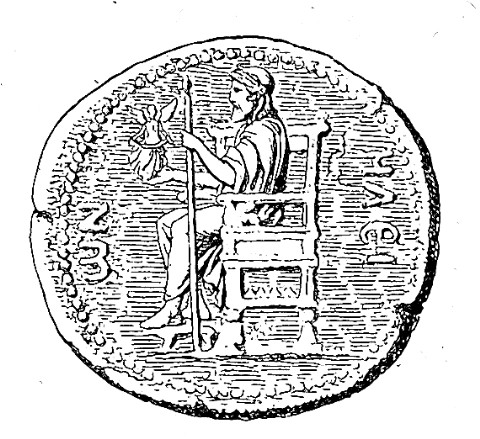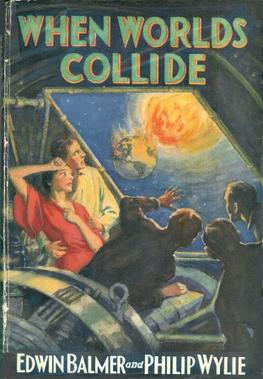
Phillip Sherrad was apparently critical of Guenon, at points. Tomberg emphasizes that there is a "Self Beyond the Self", which Christians call God, as well. However I am not so certain, speaking even as a Christian, that these types of debates are more a matter of method & emphasis, rather than absolute substance. Guenon (it is true) speaks much of Principles rather than Persons, but surely he is meaning something very similar? Why would Christians quibble over a word? Is it because they can see only Either/Or, and if they do not disputato, then they perceive they will be forced into a multi-lateral world of comparative religion?
During the reviews and summaries of Clement's Journal, I tried to show how Saint Peter comes across within the text - he is perfectly willing to debate anyone in good faith he judges to be an honest inquirer, & he even tours the marbles of Phidias in Asia Minor with Clement and others, to see what he can learn from Greek art. All of his religious opinions are the result of a process of careful philosophical reasoning which, if they are somewhat Hebraic, are at least Greek in rule and form. Furthermore, odd Christian practices are found to have a factual and spiritual basis in esoteric postulates and experience. The Jewish element provides the abstract postulates and the initial atmosphere of spirituality, yet the new religion is oriented towards Truth in whatever garb, because it is subordinated to the childlike personality of the bishop.
As Cologero is fond of saying, only those who have experienced these things (especially those who have had both) are fit to sit in judgement on these things.
The Early Church certainly was eager to embrace Greek learning. Lactantius, Clement, Origen, Justin the Martyr, and many others like Chalcidius went so far as to claim Socrates as one of the Church's own, because he loved the truth. "The words are no obstacle," says Lactantius, "because the sentiments agree with the Truth." The old icon painters sometimes placed, in the narthex of their churches, the wise Greeks, because they were a sort of "ante-chamber" to the great mysteries of the Truth (see Bachovo Monastery). Their argument was merely that the Greeks (and others) did not know "the whole Logos", and sometimes turned back from a full apprehension of the Truth, because they were not completely free of the infatuations of their own culture - merely consider (for instance) the Greek fad of demokratia, and one can see how this might have objectively been the case.
In Lao Tzu's Te Ching, there is an elaborate argument for the principle of Unity, the Dyad, & the resultant Triad, an argument that finds an echo in the work of Kukai: whether one calls the ultimate subtleties of Spirit which are irreversible and irrepeatable (and as Tomberg argues, therefore, outside the scope or judgement of Science, which confines itself to the realm of fungible Space and the division & re-combining of solids), the "Principle" or the "Person" is both lawful and according to nature (like a principle) & also contains what is human (although it is super-human).
This reminds me of an amusing story about Thomas Merton's work with Buddhist monks to establish "common ground" - at one point in the meeting, it was discovered that what the Buddhists called contemplation, the Christians translated as meditation, and vice versa. Both sides were "at odds" from the very start, because they were already talking past each other. Might not a good deal of the confusion between traditionalists of various stripes be of this variety?
Dmitri Orlov in his latest post demonstrates how even political discourse (and presumably higher forms like religion or even culture itself) can become a means of obfuscation and misunderstanding. In fact, since things are known by virtue of the one doing the knowing, we should expect many misunderstandings in our stunted environment.
This is a longish, roundabout way of arguing that the science of Traditionalism (and God forbid it become a science like the others, but rather a real knowing) is likely just beginning a long re-ascent to implementation.
Just as Pico de Mirandola did a great service in dividing Magick into Theurgy and Goetia, thus opening the path for Bruno & others to re-ignite alchemy or for Druidry to revive (without the demonic elements against which Christianity had fought so fervently), scholars and students and practitioners today have a great opportunity to "divide anew", not in a way that "murders to dissect", but with the sword of the Spirit that leads to life, reuniting what belongs together.



